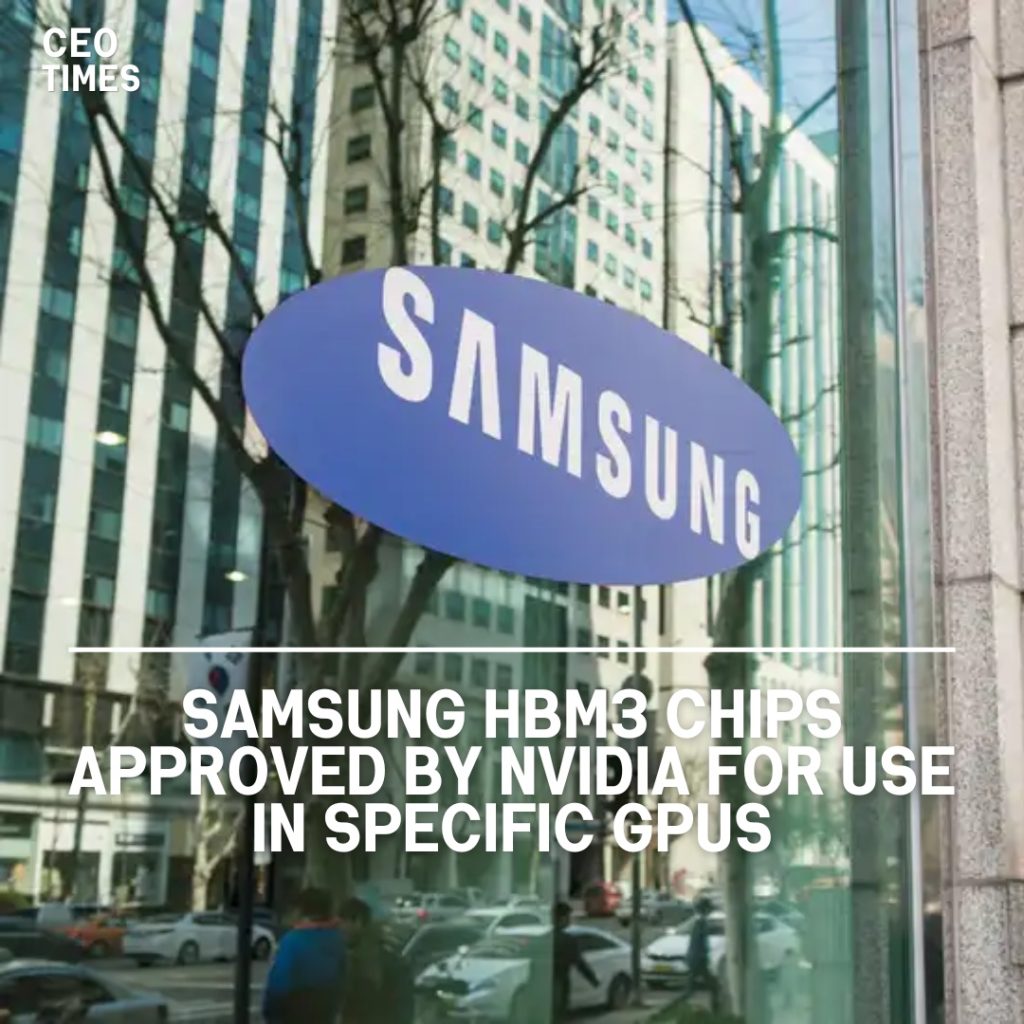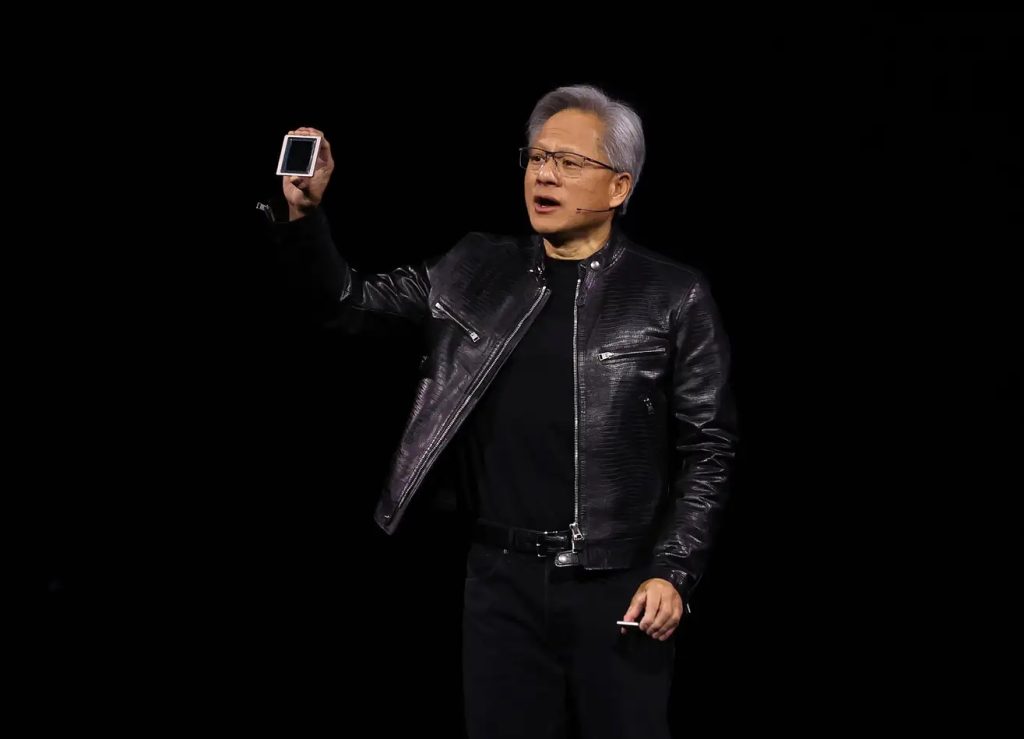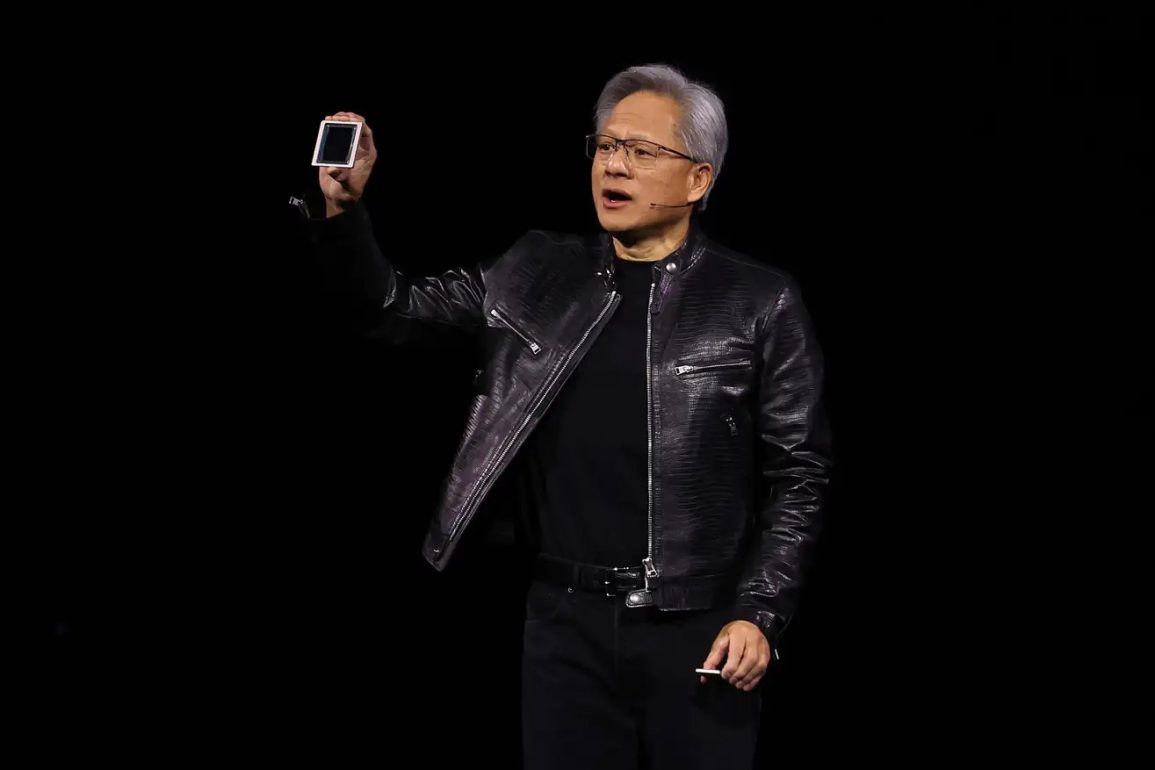Nvidia Is Reportedly Turning To Samsung For Memory Components In Its Specially-Designed Processors For China, As The Chipmaker Anticipates Potential Challenges To Its Business There
Nvidia has approved Samsung’s fourth-generation high bandwidth memory chips, HBM3, for use in its AI chips, called H20. These chips are developed to comply with U.S. export controls, according to Reuters, which cited unnamed sources. The H20 GPU is one of three chips Nvidia designed to bypass the need for an export control license. Amid rising demand for its processors, Nvidia has faced a memory chip shortage, which has slowed AI chip production. Partnering with Samsung could alleviate this issue.

This will be the first time Samsung’s HBM3 chips are used in Nvidia’s products. It is unclear if Nvidia will extend the use to other AI chips. Nvidia has reportedly informed its suppliers of plans to use both HBM3 and Samsung’s fifth-generation memory chips, HBM3E, in its AI chips. However, Samsung has not yet met Nvidia’s standards with the HBM3E chips and is continuing to test them, sources told Reuters. Nvidia declined to comment, and Samsung did not immediately respond to a request for comment.
Nvidia is expected to sell over one million H20 chips in China this year, valued at approximately $12 billion, despite U.S. trade restrictions, according to the Financial Times, citing SemiAnalysis data. However, analysts at Jeffries anticipate that during the U.S. annual review of semiconductor export controls in October, Nvidia’s H20 chip could be banned for sale to China.

As the U.S. considers stricter trade restrictions to prevent advanced chip equipment from reaching China, Nvidia is reportedly developing a version of its latest AI chips to comply with these rules. The company will collaborate with local distribution partner Inspur to launch and sell a new version of its Blackwell chips, tentatively named “B20,” in China, Reuters reported, citing unnamed sources.









